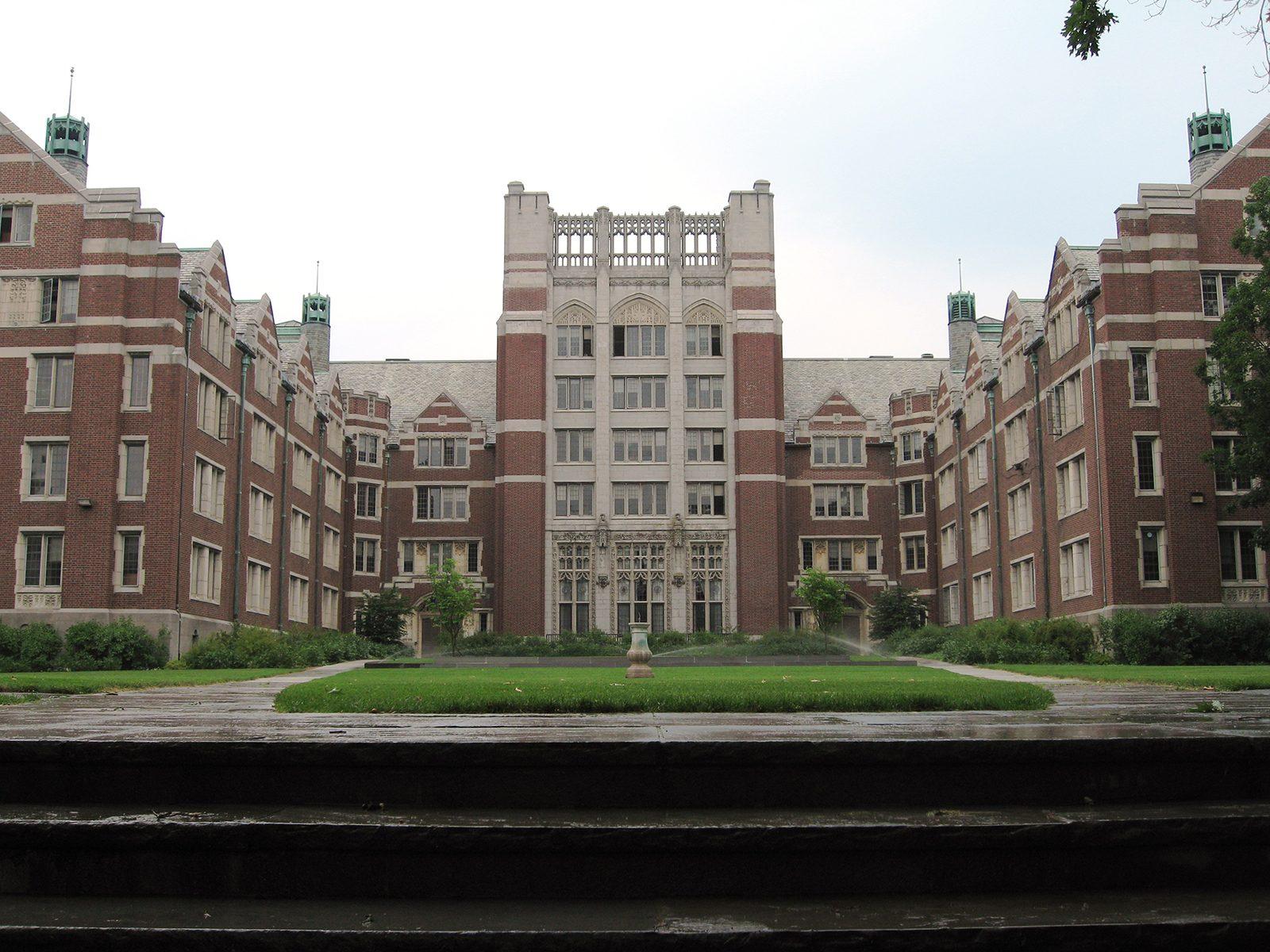Recent speakers invited to college campuses, protests and rallies have sparked debate about free speech. Students at University of California, Berkeley and Harvard University have made Facebook groups and held demonstrations to protest certain notorious individuals from visiting their campuses, claiming to want to avoid hate speech. This has brought forward one question vital to not only the foundations of America, but also the current political landscape — what constitutes as hate speech?
There’s not a distinct, finite definition for hate speech. In this day and age, one may as well call hate speech whenever someone voices a differing opinion. Sometimes we refuse to hear out the other side and disregard their arguments with claims of discrimination and incorrectness. But speeches that are not politically correct or are given by someone on the opposite side of the political spectrum do not qualify as hate speech. Hate speech is designated as having malicious intent — as being hateful. A conservative’s view of the world is not and should not be considered “hate speech” by opposing democrats.
Wellesley College’s student-run newspaper, The Wellesley News, entered the conversation when the editorial board published “Free speech is not violated at Wellesley.” The editorial has gained significant media coverage, including being featured in a Boston Globe article, due to the wording of the editorial. Several statements, including “our Wellesley community will not stand for hate speech, and will call it out when possible,” have been called out for opposing free speech, since it criticizes recent examples of hate speech on campus. Wellesley is not the only college that has had to decide what constitutes hate speech and how or if it should be tolerated.
While the Globe wrote that Wellesley’s editorial was “antithetical to the free exchange of ideas that is critical in a democracy and in liberal arts education,” the editorial staff had every right to state their ideas and share them through this means. They’re advocating for those within the student body who have been targeted and are speaking on their own behalf. An editorial is a reflection of the editors’ opinions, as this very piece is. As independent from the university, The Wellesley News should be able to honestly voice their view on the school and administration. In the whole scale of actions within Wellesley in the past year, it’s surprising that this editorial is getting so much attention. Babson College students drove through Wellesley’s campus after President Donald Trump’s victory, yelling racial and homophobic cries out the window, yet this newspaper is being criticized for condemning hate speech. Many people who are ranting on Twitter have taken this editorial out of context. It is not random nor unsolicited, but prompted by hateful events on campus.
Hate speech is not foreign to BU campus either. Last year, neo-Nazi posters were displayed throughout campus, reading “Black Lives Don’t Matter.” The displays were taken down and the school has the discretion to remove forms of speech if they’re literally stuck to their property. However, complaining and banning hate speech doesn’t solve the problem, but puts a band-aid over the much deeper issue. It’s difficult to ban hate speech because who really decides what hate speech is and isn’t? Should it be the administrators at private universities? Or members of the university? What if the some students don’t agree with the majority’s opinion? It’s a subjective term that, when it comes down to it, isn’t all that important. Hate speech can be offensive and insensitive, but it is still speech and it is still free. Speech should not be regulated as long as they do not pose physical threat to the community. The Wellesley News wrote that they want to create a constructive dialogue, which is the best response to any form of hate speech.






















































































































